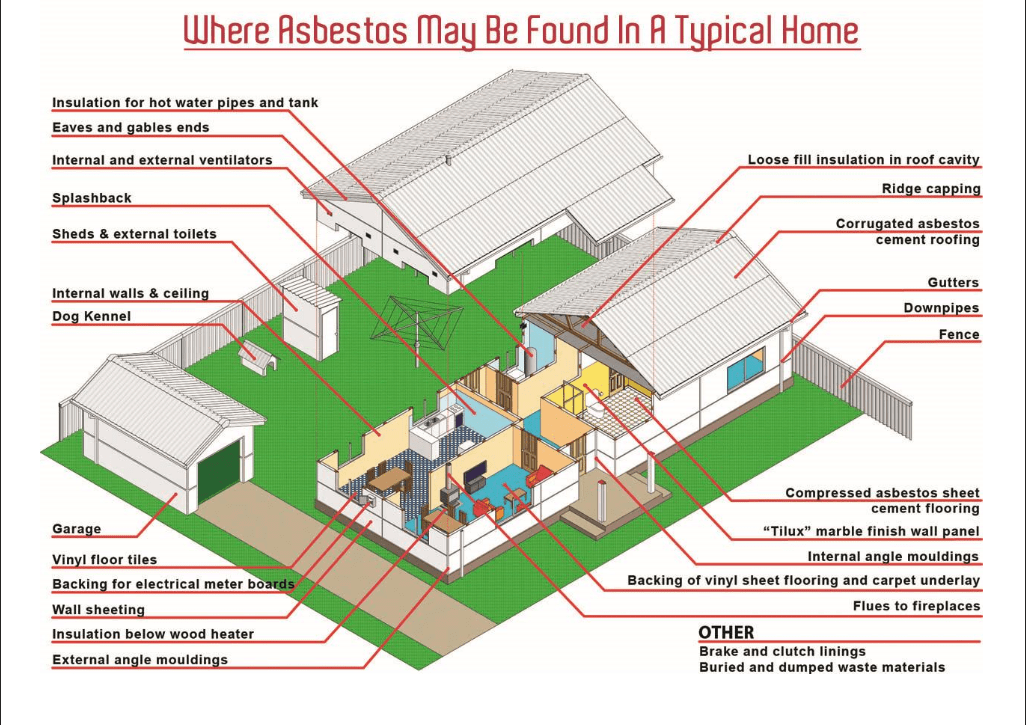Overgrown Allotments (Vacant Lands)
A property can be considered overgrown if the vegetation can afford shelter or attraction for vermin or is generally unsightly.
When Council receives a complaint about overgrown vacant land or neglected dwellings, a Local Laws Compliance Officer will inspect the property and if necessary, make arrangements for the property to be cleared.
Council must give due notice to the land’s owner to remedy the breach. If no action has been taken before this time elapses, Council will issue an Enter and Clear Notice to its subcontractors to appropriately treat the overgrown property. These costs are added to the owner’s rates notice for payment.





